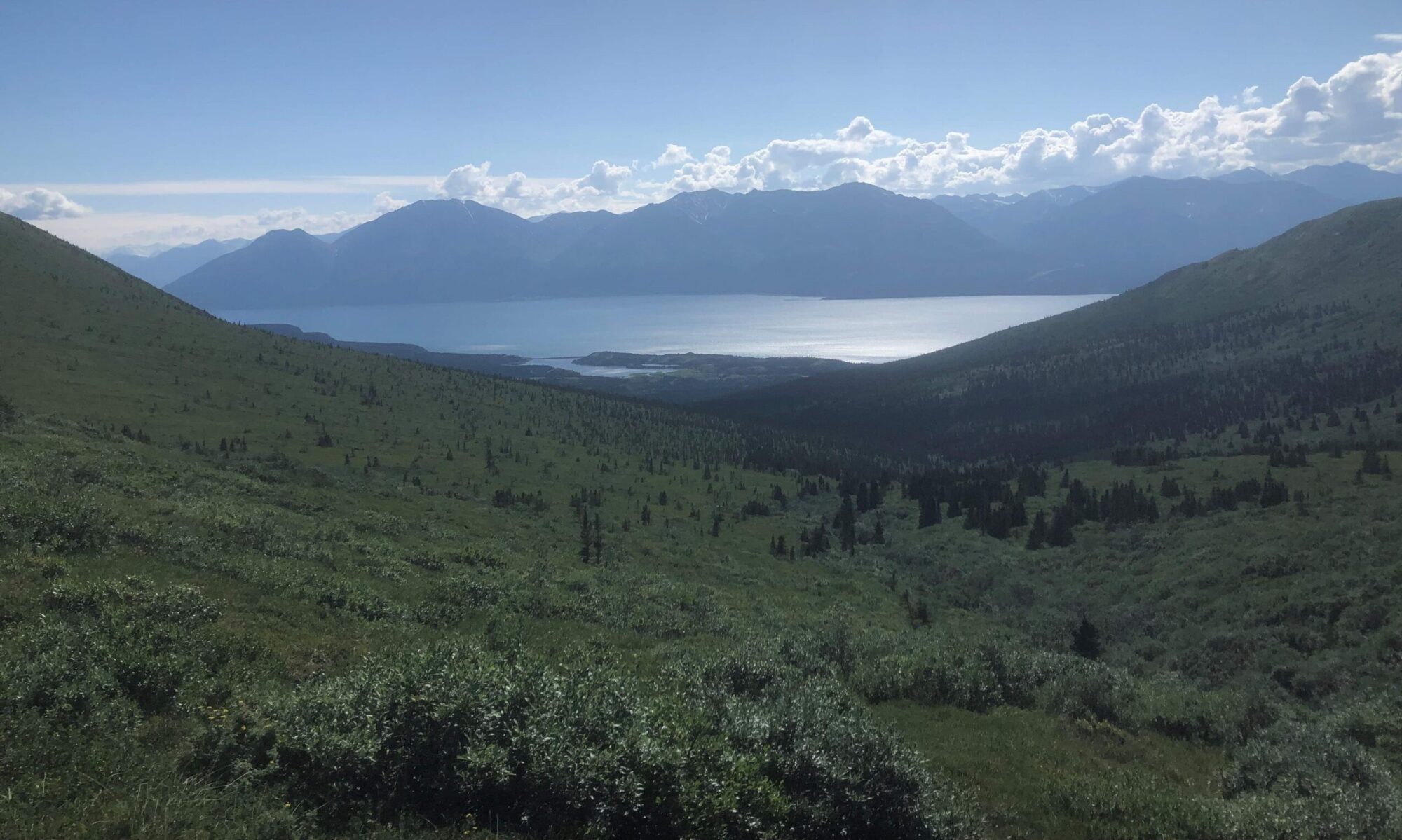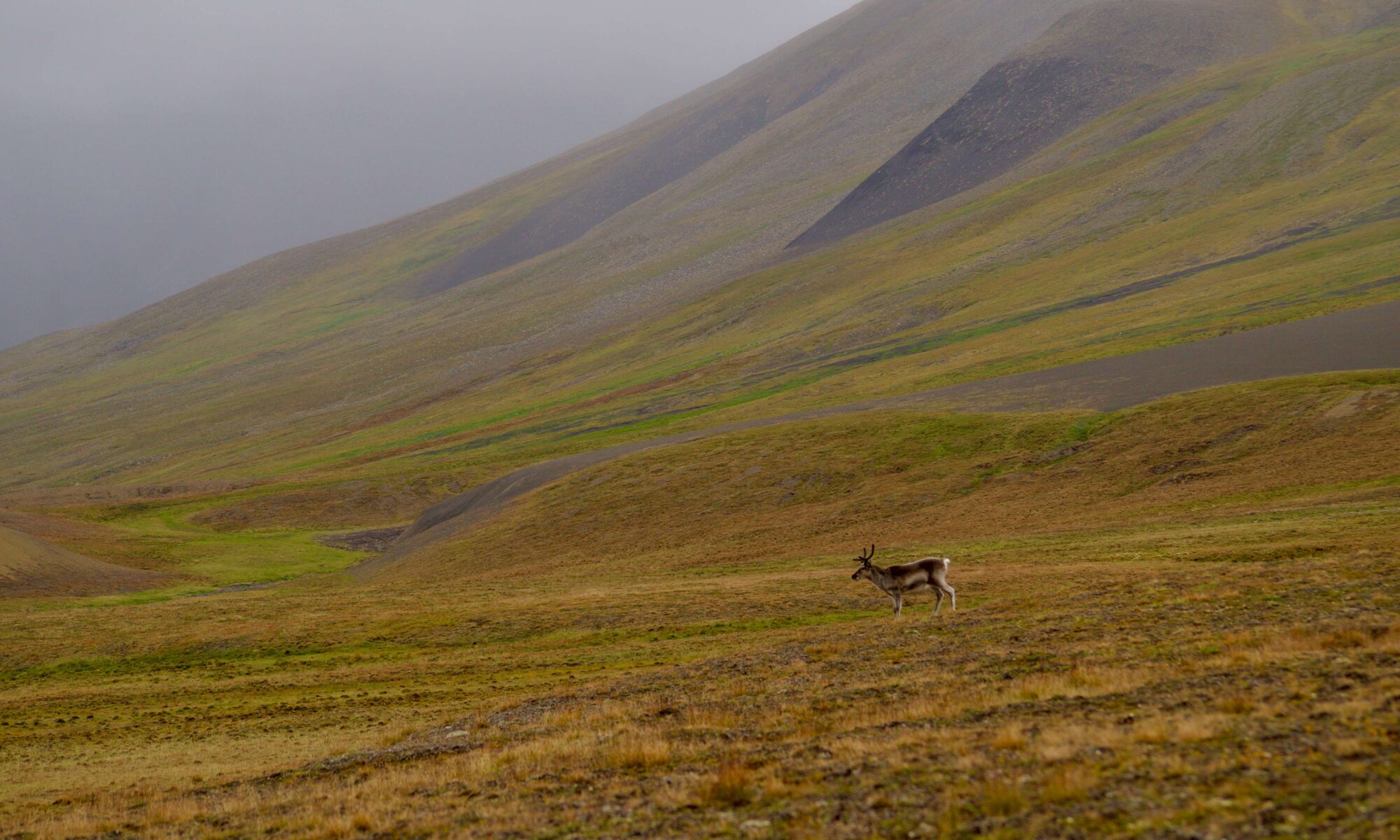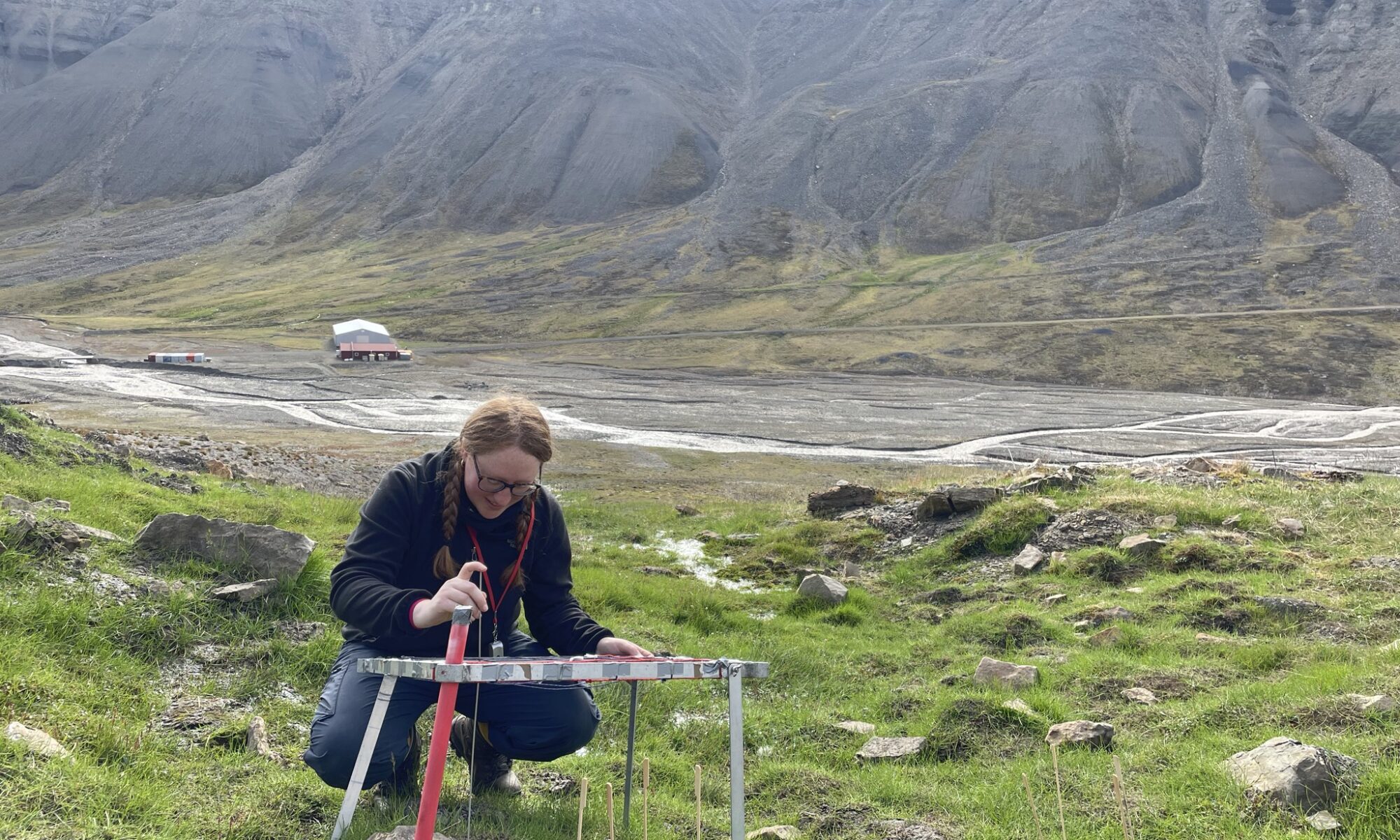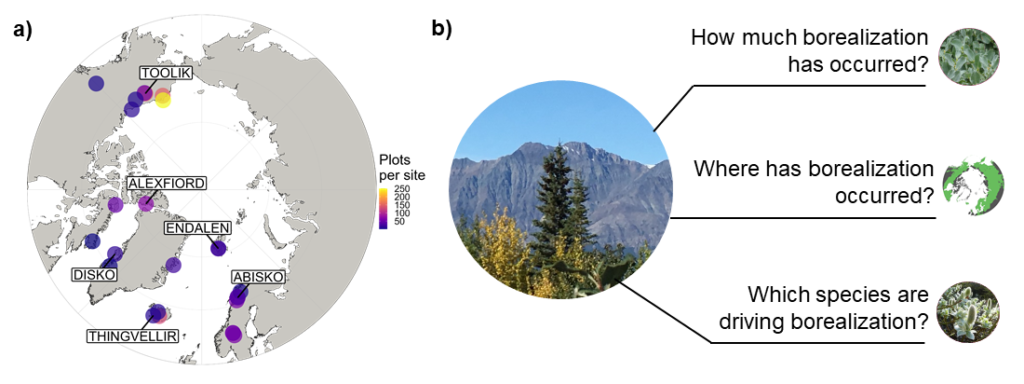Arctic tundra ecosystems are changing fast. The cumulative pressures of accelerated warming, land use and demographic and economic tensions impose a circumpolar research effort as well as the integration of a wide range of methodological approaches. Supported by an Arctic Research Studies mobility grant, we aim at establishing a formal collaboration between the University of Oslo, NTNU University Museum and the Agricultural University of Iceland, through the submission of two common research proposals and a postdoctoral fellowship application to investigate plant-herbivore interactions at a pan-Arctic scale. Our collaboration brings highly complementary skillsets as well as a strong international collaboration effort through the Herbivory Network, the Nordic Borealization Network (NordBorN) and the PIECEMEAL network to reinforce Norwegian-Icelandic cooperation in the field of Arctic research.
This project is funded by the Arctic Research and Studies programme awarded to Stefaniya Kamenova, Isabel C Barrio, Mathilde Defourneaux and James Speed.
As part of the project, in early June 2024 project participants met in Oslo and held an open half-day seminar on Arctic herbivory at the Centre for Ecological and Evolutionary Synthesis at the Department of Biosciences of the University of Oslo.
The project lead is Stefaniya Kamenova, researcher at the University of Oslo.





